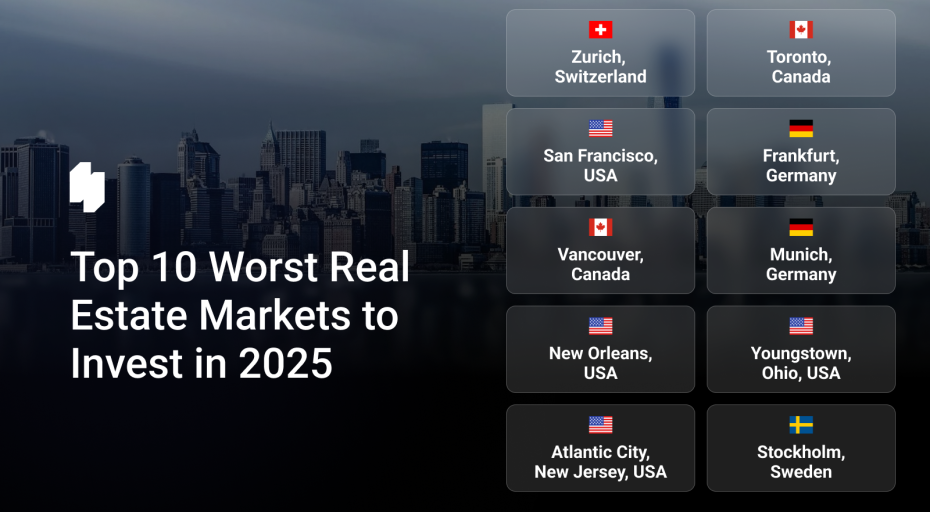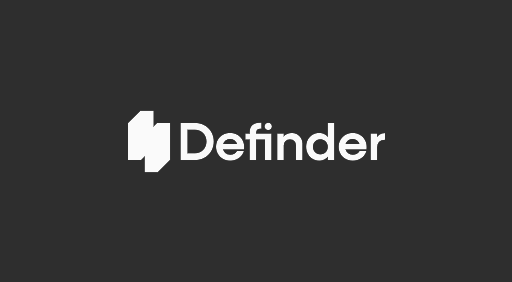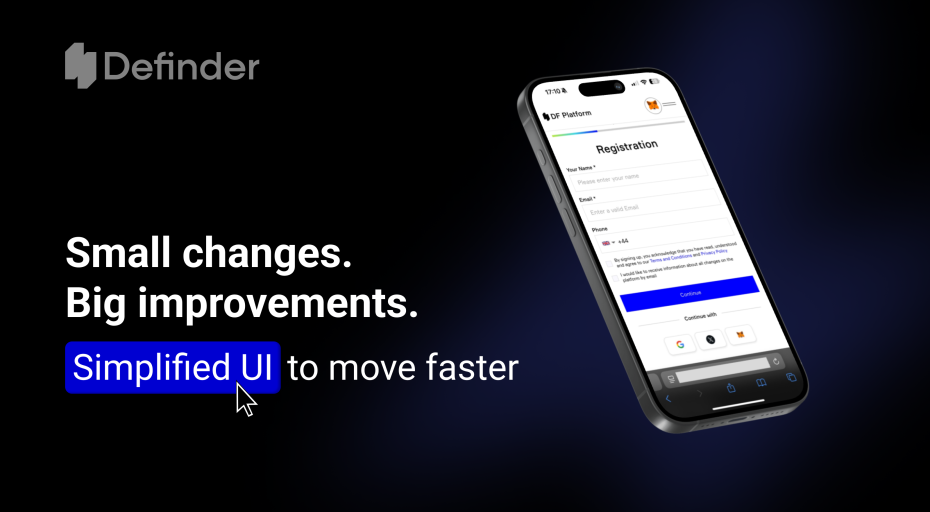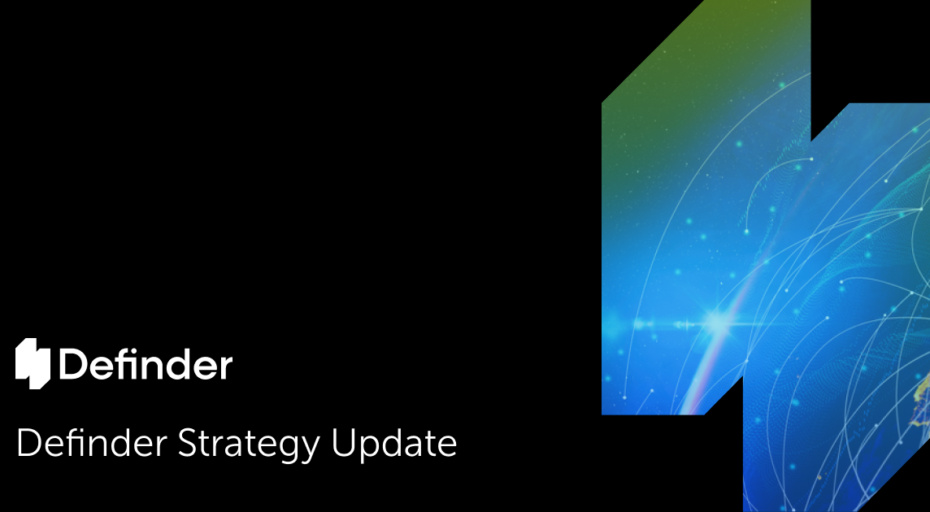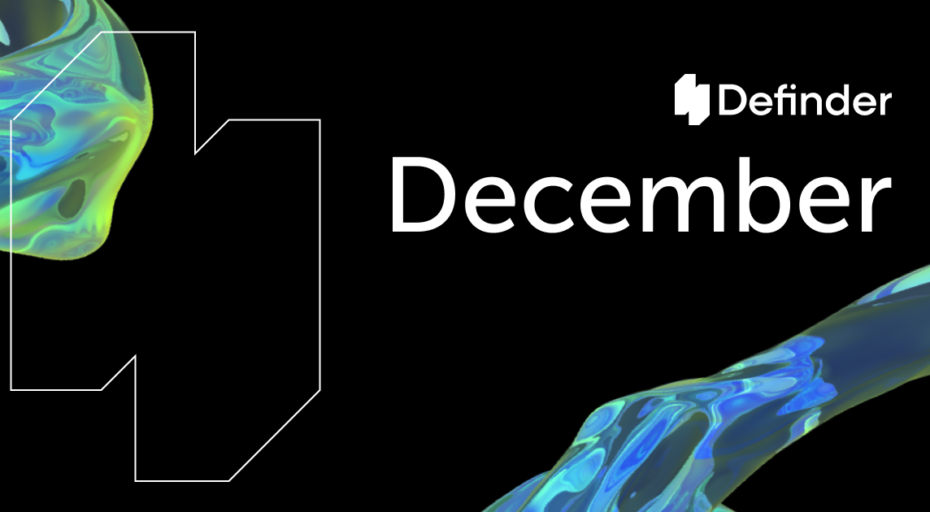Follow-up on r/AltStreetBets AMA
We are happy to share more answers to the questions left unanswered after the latest AMA.
Question: When do you expect onboarding clients in Liechtenstein and/or Switzerland or Germany? Can you give us any insights? Are there any short-, medium- or long-term plans in place?
Answer (Ilia Obraztcov): We will open the onboarding process for retail investors very soon; however, the investments will be available for retail investors as soon as the licenses allow so. We expect it at the end of Q3 this year.
Q.: Are you concerned about moving into markets where regulation is tighter, or the market is saturated with bigger players that won’t be as friendly to competition?
A. (I.O.): Our tokenization technology can accommodate any existing and potential regulatory rules around securities worldwide. We’re also optimistically looking at the competition with traditional financial institutions since there is just too much value proposition of the blockchain technology for investments. However, currently, we’re considering markets from the perspective of the fastest traction and generation of the demand for SLT token, so the markets with tighter regulation and lots of competition are not in the priority. Although we’re open for cooperations with strong local players to establish a joint-venture and handle regulatory and local marketing and assets sourcing issues.
Q.: You’ve described a future where other assets will be considered for Smartlands. Is Smartlands interested in athletics? For example, in the US, college athletes are unable to market themselves as amateurs. Would you consider a situation where they could consider tokenizing their athletic performance value, the way others tokenize art or music?
A. (I.O.): We’re exploring various potential asset classes besides the existing differentiation between utility and security tokens. Some negotiations are in progress to disrupt sports and ecology industries.
Q.: What future do you see in tokenized real estate and why is there so little talk about this topic right now?
A. (I.O.): Our vision is that in the future, not only real estate but all kinds of assets will be tokenized. The reason is – the enormous value propositions of blockchain technology: ultimate automation, immutable and trustless environment, worldwide cheap transactions. Maybe people are not talking about asset tokenization now because currently, it is the time for meme-coins. Assets tokenization time will undoubtedly come.
Q.: Is Smartlands still planning on going for Series A funding after the platform launches? How much do you anticipate raising with the series A?
A. (I.O.): Yes, the exact figures will be disclosed later for interested investors.
Q.: Do you see Smartlands expanding into Liechtenstein immediately after platform launch, or is it more like a couple of months?
A. (I.O.): The process of establishing the issuance vehicle in Liechtenstein is already in progress for several months. We expect to open the doors for worldwide retail investors in Q3 2021.
Q.: What is an existential threat to Smartlands long term viability
A. (I.O.): We don’t foresee existential threats besides the ones associated with the viability of the blockchain ecosystem.
Q.: Will SLT always be an SDEX only asset, or is it possible to list for direct purchase on an exchange for fiat in the future such as Coinbase or Binance. This would open it up to a lot of people that are not as well versed in crypto such as friends and relatives of mine that are not so tech savy.
A. (I.O.): In time, we foresee SLT being interoperable between various blockchain networks. Also, being the Stellar asset doesn’t prevent SLT from being listed on the exchanges.
Q.: My question is regarding the idea of tokenomics. One good thing about it is that it opens the market for everyone. Off-chain assets can be split in more granular portions that can then be bought by broader audience. Is there a negative side of this? Does it, in any way, complicate the whole process (equity share) if you have (e.g.) a few thousand owners of one asset token? Thank you.
A. (I.O.): We believe that tokenization, if done right, ultimately doesn’t bring any kind of disadvantages for market participants. However, at the moment, there are negative consequences of tokenization, causing difficulties in the interoperability of the tokenized assets with the traditional financial markets. This negativity will be eliminated with adoption.
Q.: With the upcoming SLT wallet, how can you guarantee that staking in the wallet will be 100% safe? Will it be compatible with wallets like Ledger Nano? And will that be from day 1?
A. (I.O.): Staking will be implemented as a non-custodial Stellar smart contract controlled with the user’s private key on-chain. It is the safest possible implementation on the Stellar network. We’re working on the Ledger integration in parallel and expect it will be available immediately or shortly after the launch.
Q.: I would like to ask what your due diligence process is like for JV’s listings etc. How do you ensure that the people you partner within these ventures are genuine and not going to screw over investors?
A. (Martin Birch): Very simply, we already know them as they are from established and existing relationships from Empire State Capital Partners, where our Non-Exec Chairman, Martin Birch, is the Managing Partner. In addition, of course, there is a full due diligence package concerning legal title and the quality of the rental agreements with the tenants, the condition of the building, and so on, which has to be concluded before closing out a listing.
Q.: Is the AGROXY / agriculture part of the setup also restricted to Ukraine to begin with or will it be global?
A. (M.B.): Agroxy has a large footprint in Africa and is in the process of extending its operations to numerous countries in that region. So not exactly global as Agroxy is not really designed for the likes of Europe or the USA, where advanced commodity supply chains are already well established. Basically, our cooperation with Agroxy will extend to wherever they operate with the Smartlands blockchain ecosystem lying at the heart of the process, which will have the effect of generating fees for Smartlands of each transaction in SLT automatically.
Q.: How advanced is the partnership with Agroxy? When do you guys expect to launch?
A. (M.B.): The partnership with Agroxy is fully signed and documented, so on that basis, it is as advanced as it is possible to be. Agroxy is working on fine-tuning their side of the operation on a technical basis to work with the Smartlands technology. This is taking a bit longer than expected but will be well worth the wait when it goes live. It is worth adding that the Smartlands part of the equation is prepared and ready to roll on short notice.
Q.: We all know here that your technology is good and advanced, that your authorizations are on track with the various government agencies, other banking structures and your partnership with Agroxy. For my part, I know that the reform of agricultural land by the Ukrainian government has been highly contested (law allowing the cancellation of the moratorium on the sale of agricultural land previously prohibited) and that it will be implemented gradually to calm things down. Is this why the evolution of Smartlands (in partnership with Agroxy) in the tokenization of the agricultural world is delayed or more complex to achieve? I have read that a lot of farms have a legal status problem. Does it delay the process? To put it simply, is it a mess to fix it quickly? Could you say more about this?
A. (M.B.): Farmland in Ukraine is mainly working on a lease model. Ukraine’s farmland is owned by its citizens dating back to the formation of the country when the USSR dissolved. Consequently, millions of Ukrainians own a small parcel of agricultural land, which is by itself too small to be commercially farmed. Farming companies thus lease the land on very long-term leases (20 – 49 years) from the owners to make a commercially viable farm. For example, one of the larger Ukrainian farming operations with more than 600,000 Ha under its control has more than 300,000 individuals from whom it leases the land. Long-term leases have value, and it is here that Smartlands will be able to offer an alternative financing route for leaseholders.
Q.: Have you/the team been working on securing investments from established real estate investors? Have you received any feedback from them, positive or negative?
A. (M.B.): Yes, and the feedback has been largely positive, especially as Ukraine’s stock market is not very liquid and has little volume. A platform that allows the property owners to monetize minority interests in their assets and thus raise capital to deploy elsewhere is a very attractive proposal to owners who up until now have only had access to expensive bank loans or the “nuclear” option of selling an entire property on the secondary market.
Q.: Could you tell us more how you evaluate the assets, which you plan to tokenize? E.g. Which factors are important to you when you tokenize the shares of real estates? Or is this done by the partners?
A. (M.B.): Our ideal asset owner will have a well-maintained building with long-term quality tenants producing a solid revenue stream but in which the asset owner has a lot of capital tied up. Smartlands will give him access to some of that capital to deploy in other areas by selling a minority stake on our platform.
Q.: I own an apartment, will I be able to tokenize it as a private person on Smartlands? Given it’s legally possible ofc.
A. (M.B.): In theory, yes. However, you would need to start paying the minority holders the rent for living in your own flat as they would expect a return. We at Smartlands see the main benefits of the platform accruing to commercial real estate owners rather than individual apartment owners. However, having said that, if you own a high-value property in London or New York, for example, which is rented out, then yes, Smartlands would work perfectly for you.
Q.: Has getting the brokerage license proven to be more challenging than you anticipated? And is it essential to have the license before you can release any dates.
A. (M.B.): Not really challenging, just time-consuming; we initially looked into the possibility of buying an existing broker that was no longer operational but which still had an existing license, but after a great deal of due diligence, decided against this as it would leave Smartlands open to potential legacy issues from the broker’s earlier operations. We decided to go down the route of creating our own broker from scratch, and this process is underway, and we expect to be in a position to announce the launch of the new Smartlands Broker during the summer. The broking license is crucial as it will enable us to work as an equal partner with other brokers and thus give us access to their client bases as well.
Q.: My question is regarding marketing after the platform launch. Will it be mainly focused on bringing new investors to the platform and new partnerships or on the SLT token itself as well?
A. (Nataliia Britten): There are several stages of the product launch, as described in this article. The audience and the focus for every stage are different. At first, we need to reach the business community in Ukraine to establish the company’s reputation and build awareness about the project and its benefits. On stages 2 and 3, we will focus more on the potential investors. The work with potential partners and white label solution customers is part of our team’s daily work. And SLT audience is also important, and we have got plans for it too.
Q.: Wen 320? Only joking… when can we buy hoodies?
A. (N.B.): We already mentioned the rebranding plans, and we will reveal more information in the official announcement in several days. After this, we will be happy to work on the merchandise. I receive many questions about hoodies from our community and will be glad to interact more in our TG channel to establish the scale of this demand for all sorts of merch, and most likely, we will issue not only hoodies.
Q.: Smartlands has a small army of enthusiastic supports here, on TG, and all over! Aside from word-of-mouth spread about the project, platform, and potential, What do you both (as well as Nataliia) suggest as the most valuable actions this group of growing supporters can take to have the most positive impact for you? We’d love some concrete suggestions, from connecting investors, merchandisers, etc. with your team to, well, anything you need!
A. (N.B.): Recently, this small army formed a very strong and loyal fan club. We are lucky to have your support – you guys rock! Keep it the same way, and we will be using every opportunity to combine our efforts.

